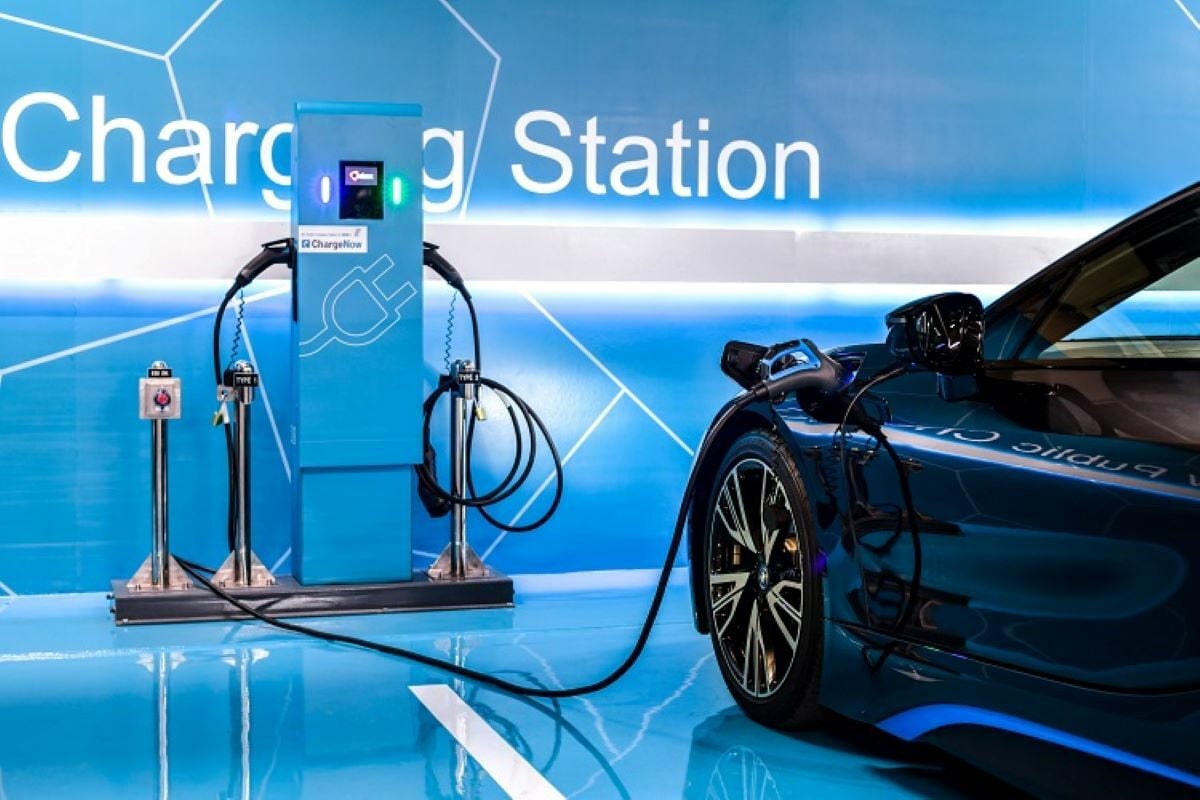Chinese firms eyeing 90 billion baht investment in Thai tech sectors

Concerns about potential high tariffs on Chinese exports under the incoming US president’s administration are prompting Chinese entrepreneurs to consider substantial investments in Thailand, according to the Board of Investment (BoI).
The anticipated investments, valued at 90 billion baht, are expected to focus on sectors such as electric vehicle (EV) battery manufacturing, data centre equipment, and biodegradable packaging.
Narit Therdsteerasukdi, Secretary-General of the BoI, noted that such investments could significantly enhance Thai industries, given the demand for high-tech electronic components across various sectors.
“This is an important time to draw large investment projects from companies specialising in high technology.”
Narit was commenting after a recent visit by Deputy Prime Minister Pichai Chunhavajira and BoI officials to Shanghai, where they engaged with Chinese business leaders from November 19 to 22. The objective was to present investment privilege packages that Thailand offers to prospective investors.
At least six companies have expressed interest in this investment opportunity, proposing a combined budget of 90 billion baht. Of these, two companies aim to establish battery cell production facilities to cater to the burgeoning EV, energy storage, and clean energy markets.
Another three companies are targeting the development and production of computer chips and essential equipment for data centres and telecommunications, with plans to use Thailand as their export hub. This investment is expected to generate engineering jobs and bolster Thailand’s capabilities in artificial intelligence technology, according to Narit.
The final company in line intends to set up a bio-packaging facility. This plant will utilise bagasse, a byproduct of sugarcane processing, to create environmentally friendly food packaging. Narit highlighted that this initiative not only repurposes agricultural waste but also enhances the value of bagasse.
During their Shanghai visit, Pichai’s delegation also engaged with representatives from the Chinese Energy and Battery Industry Association.
Discussions focused on addressing the challenges associated with used batteries, emphasising the need for recycling technology and regulatory frameworks as the volume of used batteries is expected to rise in Thailand, reported Bangkok Post.
Narit underscored the importance of managing this emerging issue effectively.
“Battery recycling technology and a law to regulate the removal of used batteries are required as Thailand will see the number of used batteries increase in the future.”
Latest Thailand News
Follow The Thaiger on Google News:


























